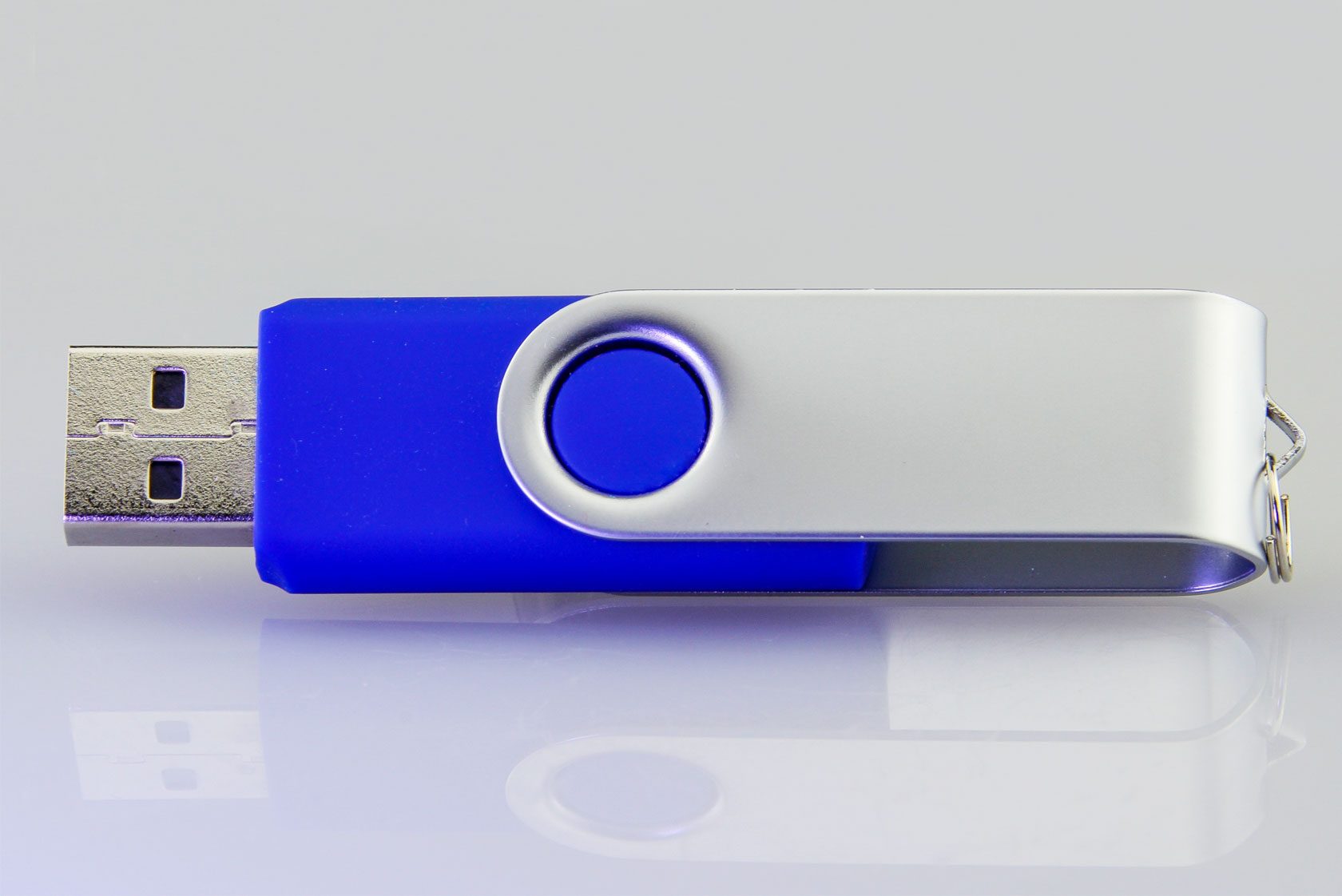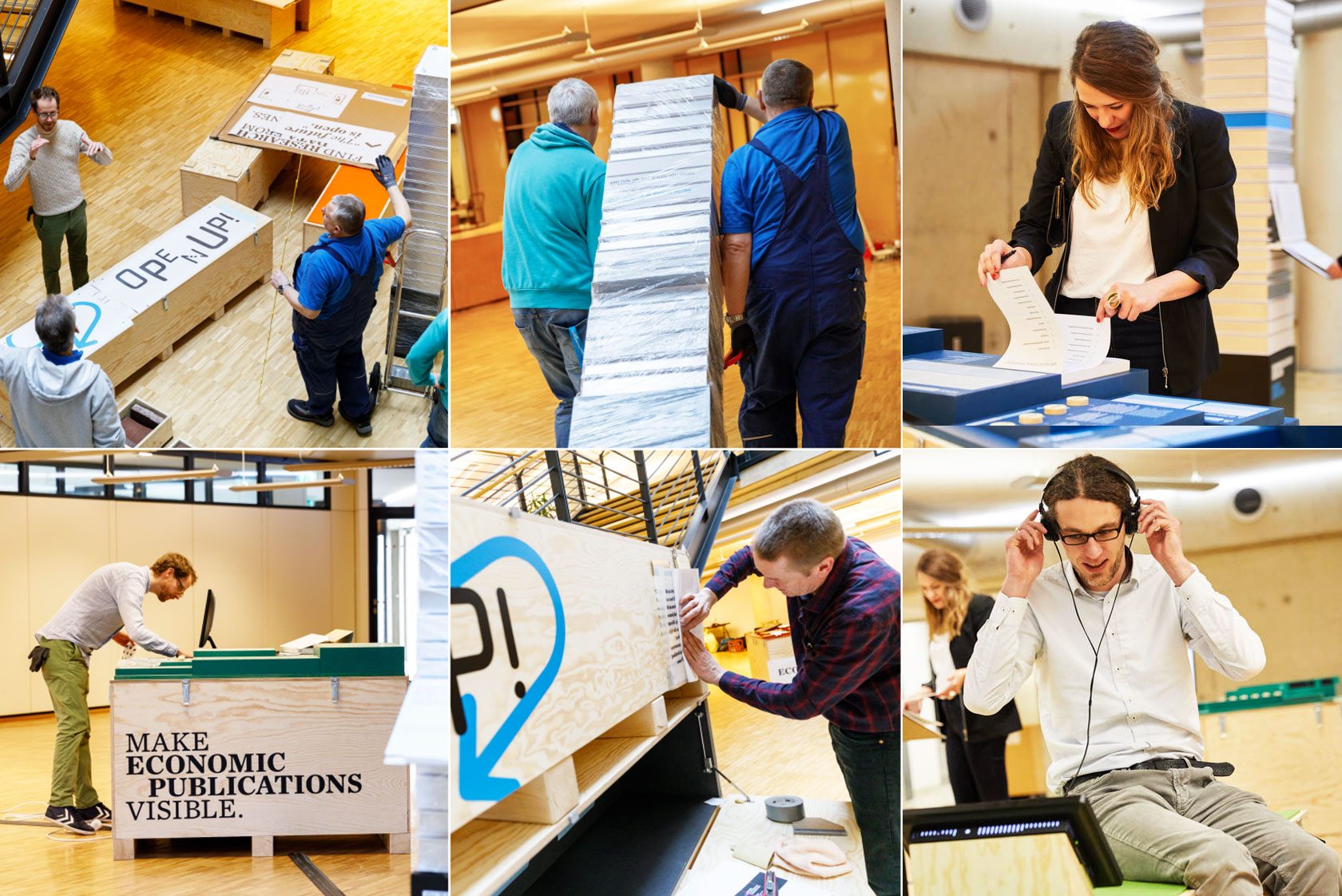
Research Data Management: Toolbox for Successful Institutional Services
What do we do with the data, some researchers wonder. Central university institutions want to provide answers on how they should deal with research data. The FDMentor project funded by the BMBF (German Federal Ministry of Education and Research) has developed guidelines and solutions for institutional research data management, in order to accelerate this process.
by Kerstin Helbig
Forschungsdatenmanagement (FDM) has become a topic that every leading research university or research institution will have to deal with sooner or later. But how does one take the first step into the institutional RDM and what are the aids needed to kickstart this?
This question was clarified by the joint research project FDMentor (link in German language) which compiled, over a period of two years (2017–2019), handouts and materials for re-use, with funding from the Federal Ministry of Education and Research (BMBF)*. The approach was very simple: experienced institutions support the RDM as mentors at other institutions. The resulting roadmaps and best practices imparted then provide other institutions with an orientation framework and accelerate the development of their RDM services.
*The FDMentor project was funded by the German Federal Ministry of Education and Research under the following numbers: 16FDM010, 16FDM011, 16FDM012, 16FDM013 and 16FDM014.
Developing an institutional RDM strategy
To begin with, the institution should clarify what purpose the activities in the RDM should serve. Do you want to cover the basic needs of the researchers? Should exceptional services be developed that can possibly even be used by external parties? The question about outsourcing services particularly needs to be clarified here. In view of the scarce resources and a lack of personnel, it makes sense to set priorities at an early stage.
The reference model Referenzmodell RISE-DE (link in German language) was developed by the University of Potsdam to facilitate this decision-making and to prioritise tasks. Based on the Research Infrastructure Evaluation Framework (PDF) developed by the Digital Curation Centre (DCC), it adapted the model to the German scientific context and its requirements.
RISE-DE serves in particular as a tool for self-evaluation, but at the same time enables defining goals in the form of participative processes.
Research data policy creates a binding framework for action
If the strategic objectives have been defined and the RDM is perceived as an important requirement at the institution, the introduction of a research data policy is of great benefit. A policy has twofold effect: it sets institutional goals and tasks as well as passes them on. In addition, a reliable framework for action is created for researchers.
In order to facilitate the introduction of a research data policy, the Technische Universität Berlin (TU Berlin) has developed a Policy-Kit (link in German language), which together with a useful guide (link in German language), makes it easier to take the steps required to achieve this.
Legal aspects as a roadblock
In addition to a reliable framework for action by the university, some researchers need advice on legal issues pertaining to the RDM. Different domains of law can play a role in the process. Covering these areas is a major challenge for institutions and their RDM contact points. The European University Viadrina Frankfurt (Oder) has compiled an overview of relevant legal domains in the RDM.
Existing advisory offices that can provide legal advice on the RDM have been established as examples. The ensuing recommendations for action (link in German language) include the qualification of existing personnel.
Expanding RDM competencies
Freie Universität Berlin (Free University of Berlin) and Humboldt-Universität zu Berlin (Humboldt University of Berlin) have been working on how this qualification can be achieved. They cooperatively developed a train-the-trainer-programme for members of the universities. The concept (link in German language) developed was piloted several times and offers extensive stimulant methods and topic-specific material as well as the necessary content to make participants competent for the RDM and its training.
In addition, information material (link in German language) was generated to promote the topic and to sensitise the members of the universities.
Regional and networked further development of RDM
The FDMentor joint project has sustainably invigorated the RDM at the participating universities in Berlin and Brandenburg. Project results have been provided and are now being used successfully throughout Germany. The participating institutions will continue to work together to expand their RDM services and exchange information with other participants in the region via the Berlin-Brandenburg Research Data Network (link in German Language).
View Comments

Exhibition Open UP! How Digitisation is Transforming Science
The range of tasks carried out by academic libraries has changed enormously. But how...



